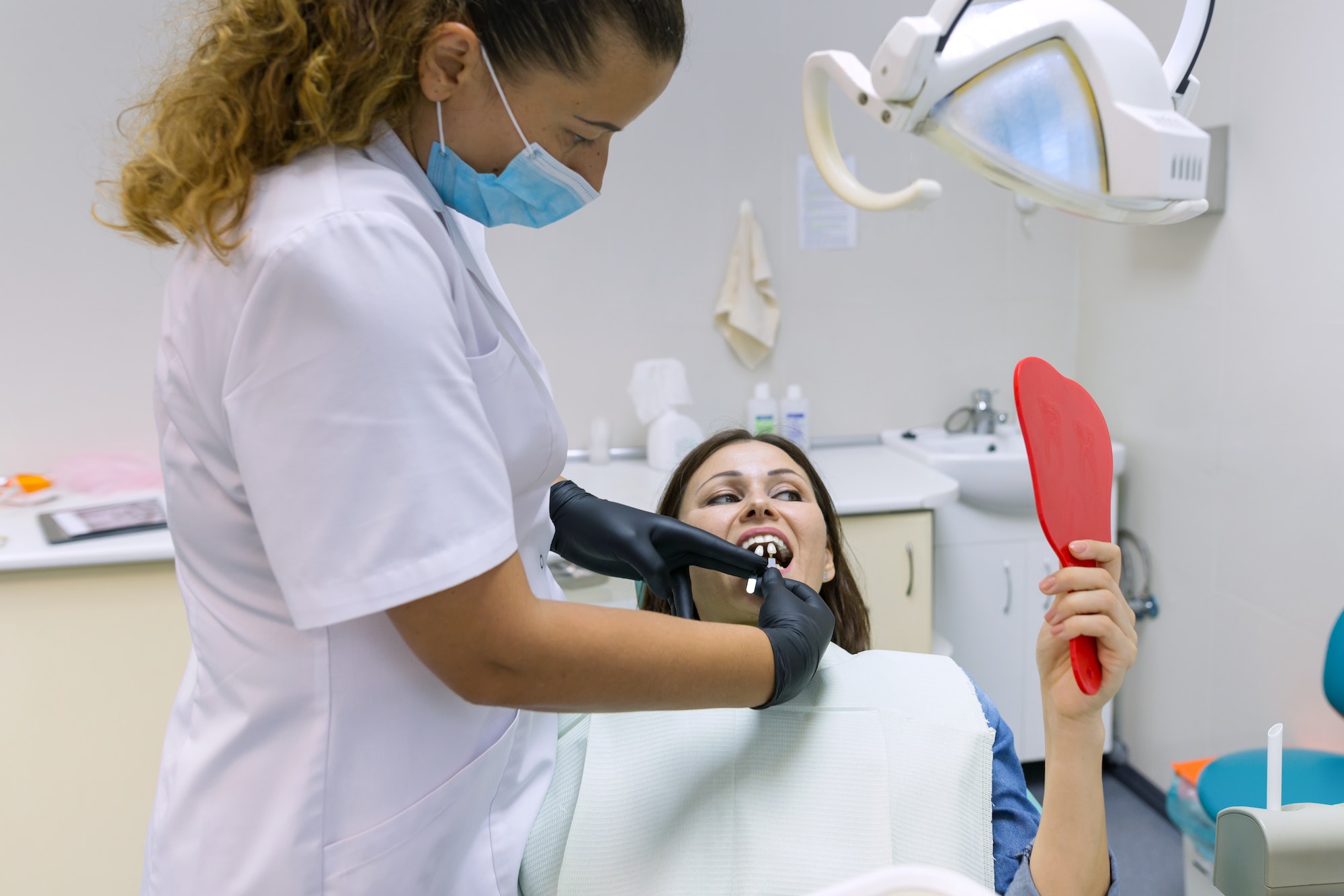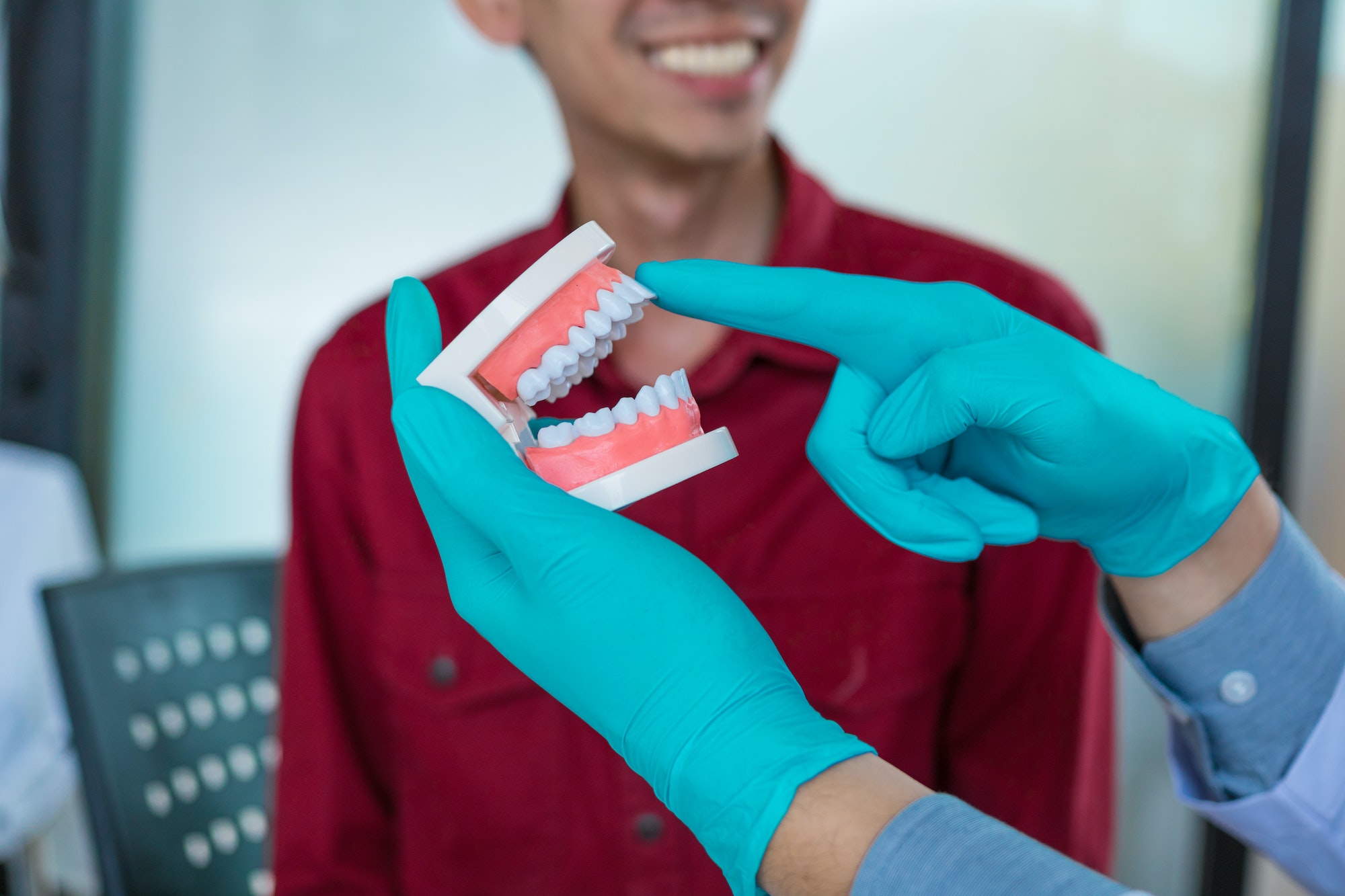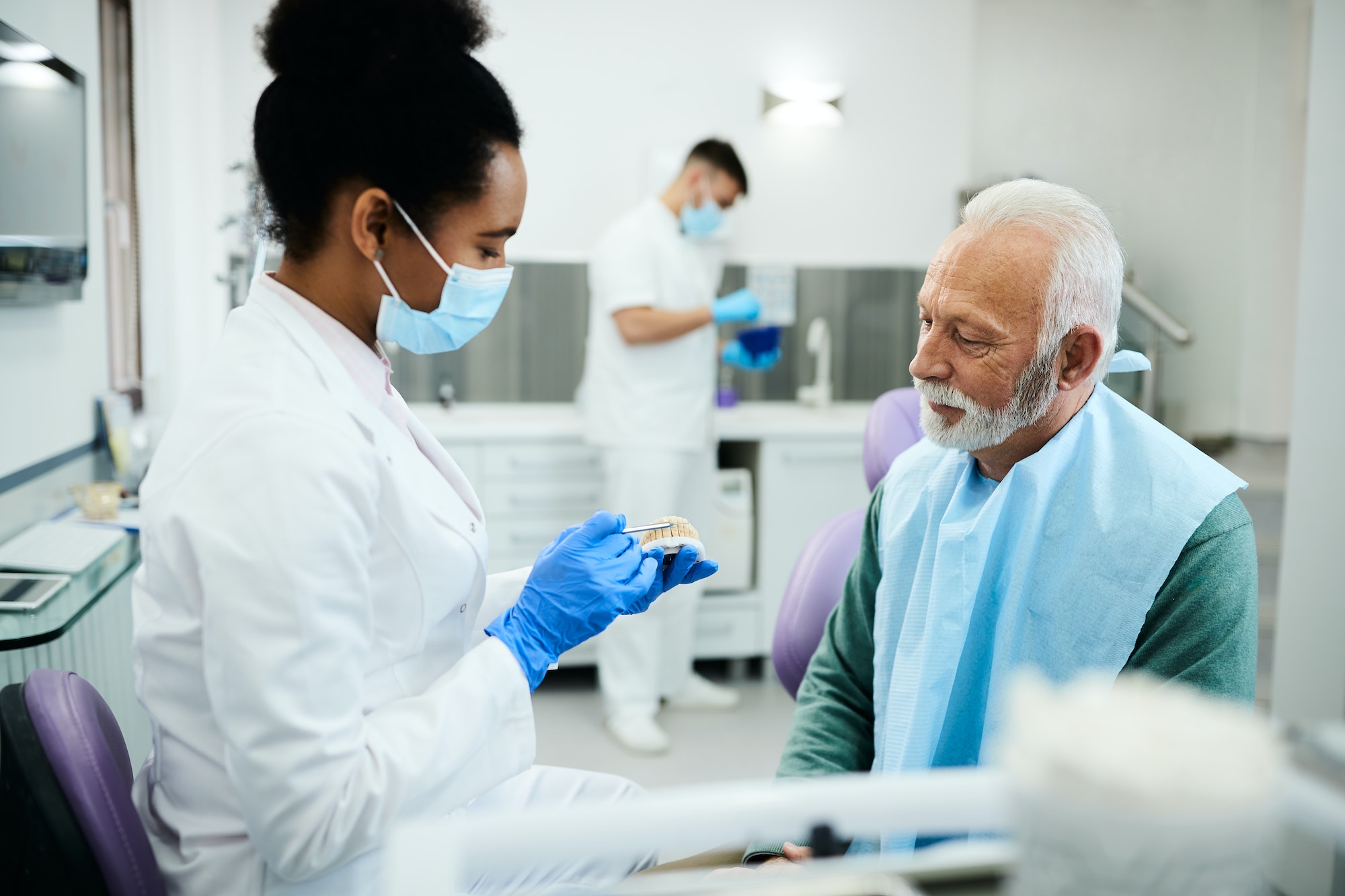Do you think men or women are more likely to get their teeth cleaned?
According to a recently published study, women are more diligent than men when it comes to attending regular dental checkups.
This finding was based on a study published in the journal Frontiers in Public Health, and was conducted by a research team at Duke University. The study looked at preventive dental care rates among different groups, including different racial groups.
The data showed women are 33 percent more likely to receive preventive dental care than men.
Duke researchers used data from a phone survey conducted of nearly 650,000 middle-aged and elderly Americans between 1999 and 2008. Participants were asked whether they had a teeth cleaning in the previous 12 months. They were also asked questions about their age, gender, income, marital status, ethnicity, weight, general health, number of teeth they had removed and whether or not they smoked.
The study was the first of its kind to compare preventive dentistry trends amongst different racial groups.
Asian Americans and Caucasians were most likely to receive preventive dental care (77 percent and 76 percent, respectively). Hispanics and Native Americans were next (62 percent received preventive care), followed by African Americans (57 percent). The study showed that all five ethnic groups saw a slight yearly increase over the 10 years.
Other findings? Not surprisingly, individuals with health insurance were much more likely — 138 percent, in fact — to receive preventive dental care than those without insurance. Smokers were also less likely to receive preventive dental care.
Why Preventive Dental Care Is Important
Regular dental checkups are critical to maintaining oral health. Bacteria that cause tooth decay and gum disease hide in the mouth. If you were to develop an oral infection, there’s a good chance you wouldn’t have any pain or symptoms, so the problem could advance without you even noticing it.
Your oral health is also linked to overall health. Studies have shown that gum disease increases your risk of more serious diseases like heart disease, diabetes and premature birth. If your dentist spots a problem on your next routine visit, he can quickly nip it in the bud before it advances and puts you at risk of more serious problems.
Middle-aged and elderly individuals are at a heightened risk of chronic conditions and complications, so it’s especially important that they receive regular preventive dental care. The study suggests a public health campaign educating middle-aged and older minority populations on proper oral health habits could be highly beneficial.
For more information on maintaining excellent oral health, please contact Dr. Ronald Trevisani, a leading oral and maxillofacial surgeon in Orlando .











